Senate inquiry into the Issues Related to Menopause and Peri-menopause.
Our CEO Grace Molloy presented evidence to the federal Senate inquiry into the Issues Related to Menopause and Peri-menopause. Here’s a transcript of Grace’s three minute presentation to the committee.
Why after decades of women being significant parts of the workforce are we only talking about menopause in the workplace now?
Most of us will be grappling with menopause at work; on the factory floor, in the classroom, in the operating theatre, on the mine site, in the boardroom, and in the Senate.
We can’t leave our symptoms at the door. Three in four of us in those factory floors or chambers of parliament will experience problematic symptoms.
A quarter of us will suffer severe symptoms. That’s 1.1 million people currently in Australia and New Zealand.
Unlike many other women’s health issues, menopause is not a disease, it’s not a syndrome or an illness, it’s a normal process that every person born with ovaries will experience.
Although menopause is inevitable, we are unlikely to recognise symptoms when they start to occur.
Many of us won’t realise that hormones could be the reason why we’re starting to feel different – not ourselves.
Short tempered, less joy, a loss of our caring nature and motivation.
Rage. Discontentment. Exhaustion.
My father was an obstetrician, my mother was a midwife, I have a Masters of Nursing, yet I knew nothing about peri-menopause until it smacked me in the face. If someone with my background is in the dark how can others possibly comprehend it?
When I learned that this lack of awareness and information was leading to women scaling back their work or leaving altogether, I was motivated to make a change.
Menopause doesn’t happen silently, yet society expects us to remain silent.
We’re expected to deal with anxiety, heavy flooding periods, brain fog, sleeplessness, mood changes, burning up like a flame – and just accept it.
Because of this silence, a quarter of us will consider leaving work. This is avoidable, because there are things we can do to have a better menopause experience, and help change the statistics which show women leave the workforce 7.4 years earlier than men.
The first step is normalising the conversation. And the workplace is an ideal place to do this.
For many women, simply being able to say, “I’m having a day” and knowing that will be met with understanding and support is all that’s needed. However, creating a safe environment where everyone feels comfortable talking about menopause takes intentional action on the part of employers.
A recent Australian survey from the Victorian Women’s Trust revealed that 70% of women don’t feel comfortable talking about menopause at work.
I’m amazed 30 per cent were!
I founded Menopause Friendly Australia last year as a circuit breaker so talented women might stay working for longer.
Having more women in their forties and fifties at work at a time when they are often realising their full earnings potential means financial independence.
It means security in retirement through more superannuation.
It means more experienced women in boardrooms and parliaments making decision that affect women.
Our mission is to enable women to thrive through menopause at work.
By increasing understanding and encouraging people to seek help when they need it we are making a big difference to people’s lives, at home and at work.
Behind every statistic is a human story.
Many have been and will be shared with the committee during these hearings, and so many said their work was impacted.
What you probably won’t hear, unusually, is from men.
You are unlikely to be told stories of the men supporting women in the male dominated workplaces where we educate people.
So, I’d like to share one with you now, from a senior executive in the finance industry after one of our training sessions.
“Yesterday, I couldn’t have even said the word menopause. Now I feel informed and confident in how to support my team, I’m ready and welcome the conversation”.


